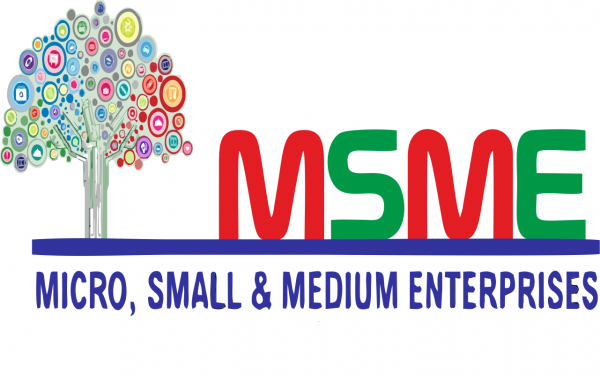
International verticals have been redefined and there are many new markets having immense potential for Indian Micro, Small and Medium Enterprises (MSMEs), according to Ms Alka Arora, Joint Secretary, Ministry of Micro, Small & Medium Enterprises Government of India.
MSMEs digital literacy and promotion of women entrepreneurship cell will make them board the E-commerce verticals, said Arora in a Virtual Session organized by PHD Chambers of Commerce and Industry on “the Impact of Pandemic COVID on Industry, Issues, Challenges and Way Forward”.
Ms Arora stated that Udyam (MSME registration) portal introduced by the government of India will be incorporating vernacular languages to overcome the language constraints for many aspiring entrepreneurs. She stated that the women entrepreneurship cell with bridge procurement policy of three percent tax benefits will promote job opportunities and will encourage innovative women entrepreneurs in India.
Mr Sandeep Aggarwal, Chair, Industry Affairs Committee, PHD Chamber, said India needed to improve its manufacturing sector productivity with investment in critical technology. He proposed that the critical technology can be purchased by the Government and distributed to multiple industries. This will help to reduce the gap between manufacturing sector and service sector towards its contribution in India’s GDP. Mr Aggarwal emphasized the need to invest in research and development to increase India’s trade share in the world market.
Mr Mohit Jain, Chair, MSME Committee, PHD Chamber, emphasized significant contribution of Indian MSMEs to sustainable growth and employment generation of the country. He emphasized an urgent need to simplify compliance norms and ease working capital cycle with the extension of ECLGS scheme to March 2022.
He explained that the sentiments for Indian MSMEs are very strong and they can be game changer for Indian economic growth, if we can reduce logistic costs and promote use of technology at a lower cost.
Dr. Mahesh Gupta, Former President, PHD Chamber, Chairman & MD, Kent R O Systems Ltd, mentioned that the second wave of COVID has affected the backbone of the economy. He explained that the uncertainty is a new normal and hence it is essential for Industries to plan and work for it. Dr. Gupta emphasized that the acute shortage of semi-conductors is a biggest challenge for many industries. He mentioned that the booming stock market is an outcome of increase in liquidity in the United States and its trickle down impact on India.
Mr Sanjay Bhatia, Former President, PHD Chamber and Managing Director, Hindustan Tin Works Ltd, explained that in the short term it is essential for industries to strategize their supply chain diversification due to transition in consumer’s demand. He emphasized that Start Up units need special attention as well as the major issue industries are facing is non-availability of inputs and exorbitant increase in price of metal inputs. He mentioned that the surge in price of steel cannot be passed on to consumers despite increase in working capital cycle of Industries. He proposed that the large scale industries compliance should be different from the MSMEs compliance for the rating norms.
Mr Ajay Shankar, Former Secretary, Department for Promotion of Industry and Internal Trade (DPIIT), Ministry of Commerce and Industry, Government of India, said the major concern for MSMEs is complex land norms and difficulty to access capital without diluting stake of industries. He emphasized that industries need to identify technology verticals and energy efficiency verticals and work on its implementation mechanism with the support of the government.
Ms Kanika Shriram, Co-Chair, Economic Affairs Committee, stated that the logistic cost is proving to be the biggest problem for Indian industries. She highlighted the availability of containers and global imbalances of trade are major challenges of MSMEs in India.
Mr Sudhir Kumar Sirohi, Adviser, Industry, NITI Aayog, Government of India, stated that keeping into consideration uncertainty as new normal, the government has adopted calibrated measures from quarter to quarter. He emphasized that it is crucial for industries to analyze the way they engage with human resources. He explained the complexity of trade-off between external factors and tariff reduction to promote Indian business units should become a major player in a global value chain.


